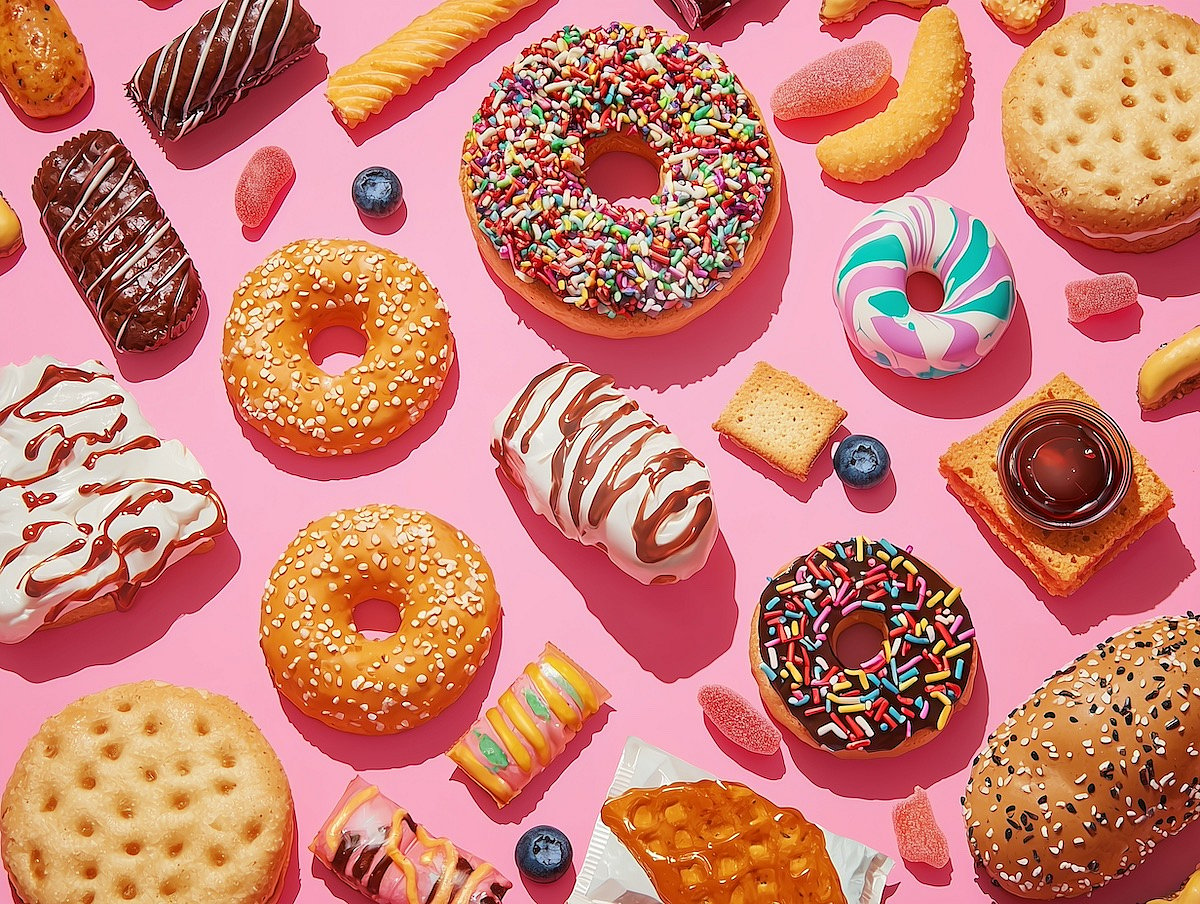CLICK HERE TO VIEW OUR GENERIC MEDICATION SAVINGS PROGRAM
Get Healthy!

- I. Edwards
- Posted April 22, 2025
Trump Administration Plans Ban on More Synthetic Food Dyes
The Trump administration is expected to take new steps to remove artificial food dyes from the U.S. food supply, officials say.
Health and Human Services Secretary Robert F. Kennedy Jr. and FDA Commissioner Dr. Marty Makary are expected to share more details on Tuesday, CNN reported.
This follows a major move by the U.S. Food and Drug Administration (FDA) in January, under former President Joe Biden, to ban red dye No. 3 in food, drinks and some drugs. That action came more than 30 years after research linked the dye to cancer in animals.
Now, federal officials appear ready to go even farther. Kennedy has been an outspoken critic of petroleum-based synthetic dyes, which are used to make foods and drinks look more appealing to consumers.
In March, Kennedy supported a new West Virginia law banning some of these dyes. It made West Virginia the first state to take such broad action. Studies have linked some food dyes to behavior and learning issues in children, CNN reported.
More than half of U.S. states, including both Republican- and Democrat-led ones, are pushing to restrict these ingredients, according to the Environmental Working Group (EWG).
In a March email to CNN, the National Confectioners Association said while states have a role to play in the nation's food system, "the FDA is the rightful national regulatory decision maker and leader in food safety." Some of the association's members sell products that contain artificial dyes.
John Hewitt of the Consumer Brands Association also urged the FDA to take the lead, saying the agency should “aggressively acknowledge its responsibility as the nation’s food safety regulator.”
Artificial dyes such as red No. 3, red No. 40, green No. 3 and blue No. 2 have been linked to cancer or tumors in animals.
Others, like yellow No. 5 and yellow No. 6, may contain cancer-causing chemicals. Even tiny amounts of yellow No. 5 can cause restlessness or sleep problems in sensitive children, CNN reported.
Marion Nestle, a well-known food policy expert, welcomed the plan.
“Non-petroleum substitute dyes are available and used widely in other countries by the same companies that sell products here," she said. "Companies have been promising to get rid of the petroleum dyes for years. The time has come.”
In public health terms, “this is low-hanging fruit," Nestle added. "I want to see RFK Jr. take on ultra-processed foods, a much tougher problem and a far more important one.”
Most of these dyes are used in low-nutrition foods like candy and soda, but they may also appear in less colorful products, the Center for Science in the Public Interest says.
People who want to avoid these dyes can check ingredient labels on food and drink packaging, CNN said.
More information
The U.S. Food and Drug Administration has more on color additives in foods.
SOURCE: CNN, April 22, 2025
